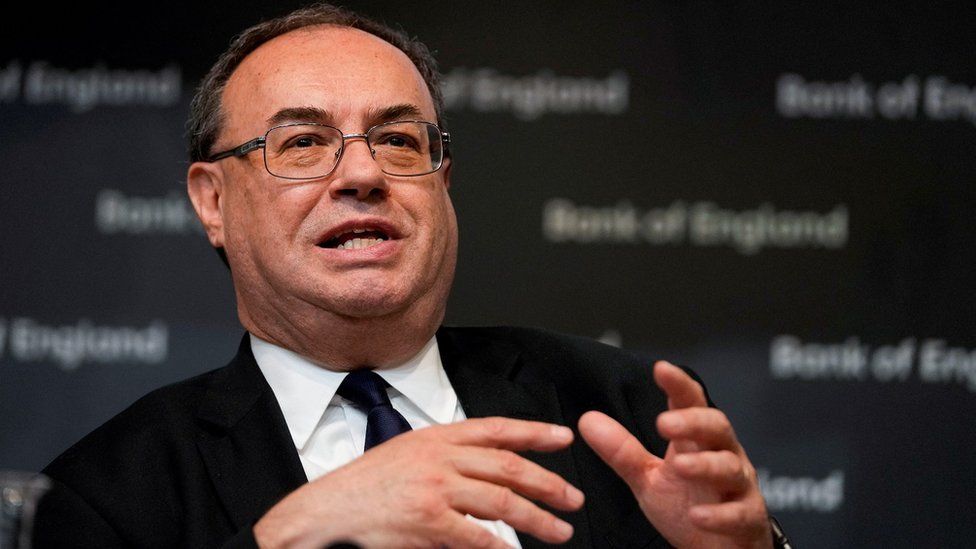The Bank of England is holding back on reducing interest rates despite inflation simmering down a bit. Huw Pill, the chief economist for the bank, recently explained that even though the interest rate decrease from 5.25% seems a bit closer, the fall in headline inflation doesn’t fully justify an easier monetary policy.
Pill highlighted that after years of inflation overshooting targets, the risk of easing monetary policy prematurely could be more hazardous than delaying it, especially if inflation doesn’t settle down. He stressed the point this Tuesday, backing his cautious take on trimming the Bank Rate anytime soon.
Current Economic Dynamics
This call for prudence comes as the Monetary Policy Committee gears up for its next meeting, slated for just after next week. Pill’s hesitation contrasts with the Deputy Governor Dave Ramsden’s optimism, who believes inflation might stay near the bank’s 2% target for the coming three years.
Meanwhile, the pound has seen a small uptick, increasing by 0.3% to $1.238 against the dollar, indicating market reactions to these discussions.
Economic reports also showed UK business activity in April grew faster than expected, marking the quickest expansion since the previous May. This data was captured in the S&P Global flash UK composite output index, which climbed to 54 from 52.8 in March, beating the forecasts.
Chris Williamson of S&P Global pointed out that the UK is on a recovery track, with services growth balancing a slump in manufacturing. The current figures suggest a 0.4% economic growth in the second quarter, following a 0.3% rise at the start of the year.
Fiscal and Political Challenges Ahead
As the economy shows signs of life, costs are also rising sharply. The same reports noted a significant jump in average cost burdens, the largest since May of the previous year. Economist Rob Wood from Pantheon Macroeconomics mentioned that this growth and inflation are outstripping earlier forecasts by the Monetary Policy Committee.
The International Monetary Fund (IMF) has issued a warning about the UK’s fiscal health, listing it among nations needing urgent fiscal reforms to correct spending-revenue imbalances. Predictions suggest UK debt could swell from 92% of GDP to 98% by 2030, urging similar vigilance in the US, China, and Italy due to looming elections known to trigger spending sprees.
Back home, Chancellor Jeremy Hunt hinted at possible tax cuts later this year, conditional on a Conservative win in the upcoming general elections. However, Labour leader Sir Keir Starmer criticized these plans as unfunded, likening them to the failed budget under former PM Liz Truss, which plunged the economy into turmoil.
Prime Minister Rishi Sunak defended the fiscal strategy, asserting tax cuts would proceed only when financially feasible, maintaining that the aim to scrap national insurance contributions is a long-term goal, previously reduced from 12% to 8% by Hunt.
In a fiery session in the Commons, Sunak also took a swipe at Truss’s policies, which he had opposed during his 2022 leadership bid, arguing they were flawed. His remarks followed Truss’s defense of her tenure in a recent memoir, underscoring ongoing debates over fiscal responsibility amidst ambitious tax cuts.
The IMF’s recent critique of the March budget cuts, suggesting they might worsen debt trajectories despite being partly funded by new revenue measures, adds another layer of complexity as the UK navigates fiscal challenges amid demographic shifts and labor market changes.





